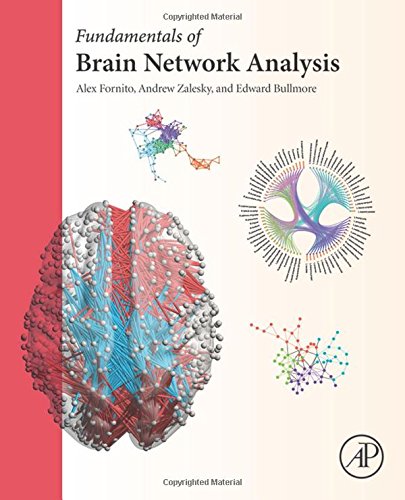

Most ebook files are in PDF format, so you can easily read them using various software such as Foxit Reader or directly on the Google Chrome browser.
Some ebook files are released by publishers in other formats such as .awz, .mobi, .epub, .fb2, etc. You may need to install specific software to read these formats on mobile/PC, such as Calibre.
Please read the tutorial at this link: https://ebookbell.com/faq
We offer FREE conversion to the popular formats you request; however, this may take some time. Therefore, right after payment, please email us, and we will try to provide the service as quickly as possible.
For some exceptional file formats or broken links (if any), please refrain from opening any disputes. Instead, email us first, and we will try to assist within a maximum of 6 hours.
EbookBell Team

4.4
82 reviewsFundamentals of Brain Network Analysis is a comprehensive and accessible introduction to methods for unraveling the extraordinary complexity of neuronal connectivity. From the perspective of graph theory and network science, this book introduces, motivates and explains techniques for modeling brain networks as graphs of nodes connected by edges, and covers a diverse array of measures for quantifying their topological and spatial organization. It builds intuition for key concepts and methods by illustrating how they can be practically applied in diverse areas of neuroscience, ranging from the analysis of synaptic networks in the nematode worm to the characterization of large-scale human brain networks constructed with magnetic resonance imaging. This text is ideally suited to neuroscientists wanting to develop expertise in the rapidly developing field of neural connectomics, and to physical and computational scientists wanting to understand how these quantitative methods can be used to understand brain organization.
• Extensively illustrated throughout by graphical representations of key mathematical concepts and their practical applications to analyses of nervous systems • Comprehensively covers graph theoretical analyses of structural and functional brain networks, from microscopic to macroscopic scales, using examples based on a wide variety of experimental methods in neuroscience • Designed to inform and empower scientists at all levels of experience, and from any specialist background, wanting to use modern methods of network science to understand the organization of the brain